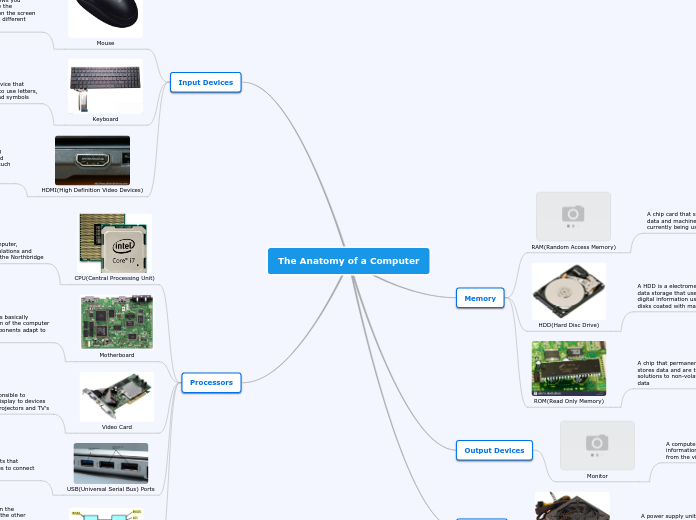The Anatomy of a Computer
Memory

RAM(Random Access Memory)
A chip card that stores
data and machine code
currently being used

HDD(Hard Disc Drive)
A HDD is a electromechanical
data storage that uses magnetic storage to store and retrieve digital information using one or more rigid rapidly rotating disks coated with magnetic material
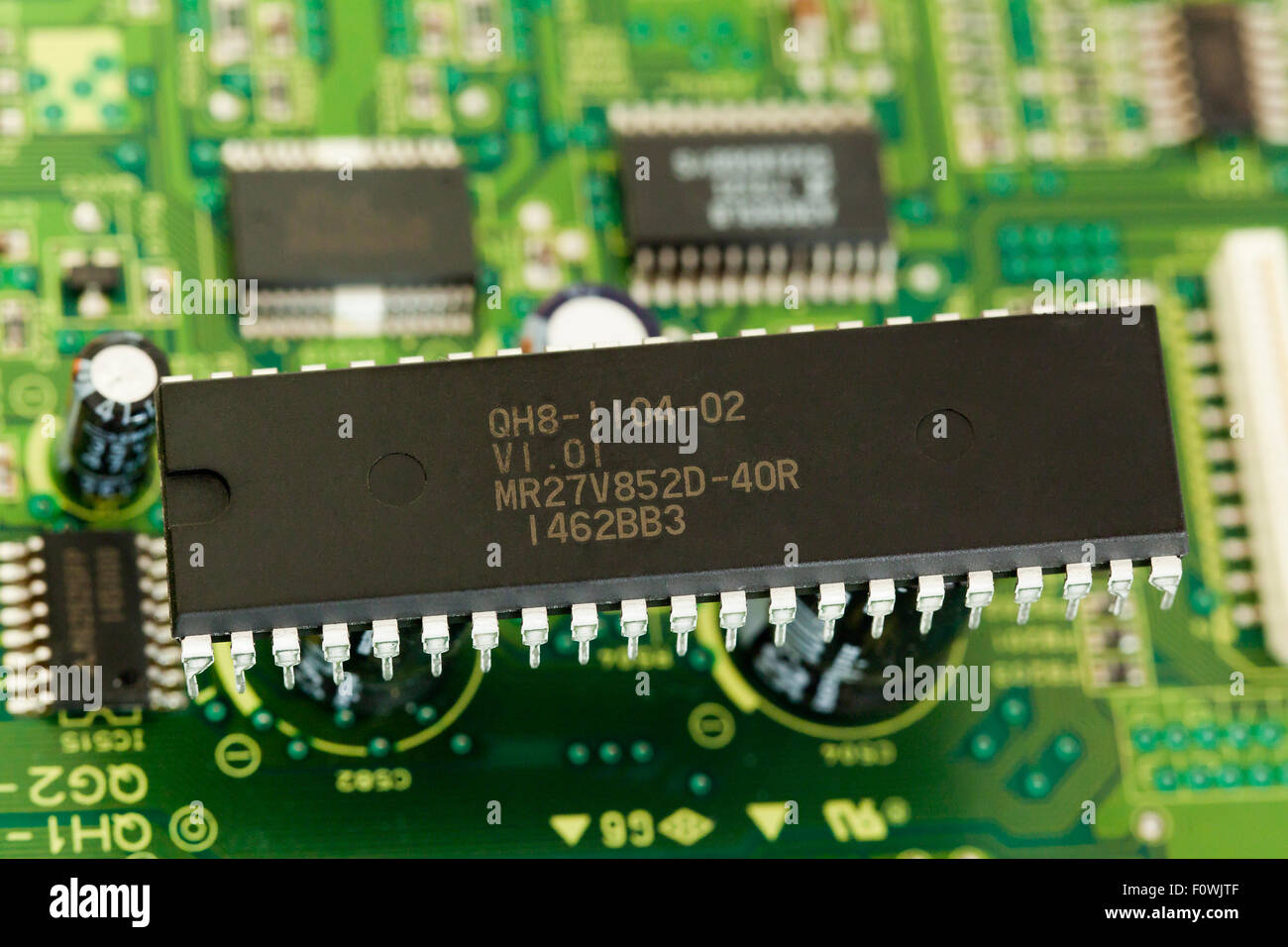
ROM(Read Only Memory)
A chip that permanently
stores data and are the
solutions to non-volatile
data
Output Devices

Monitor
A computer monitor is an output device which displays information in pictorial form, all of the graphical data comes
from the video card
Auxiliary
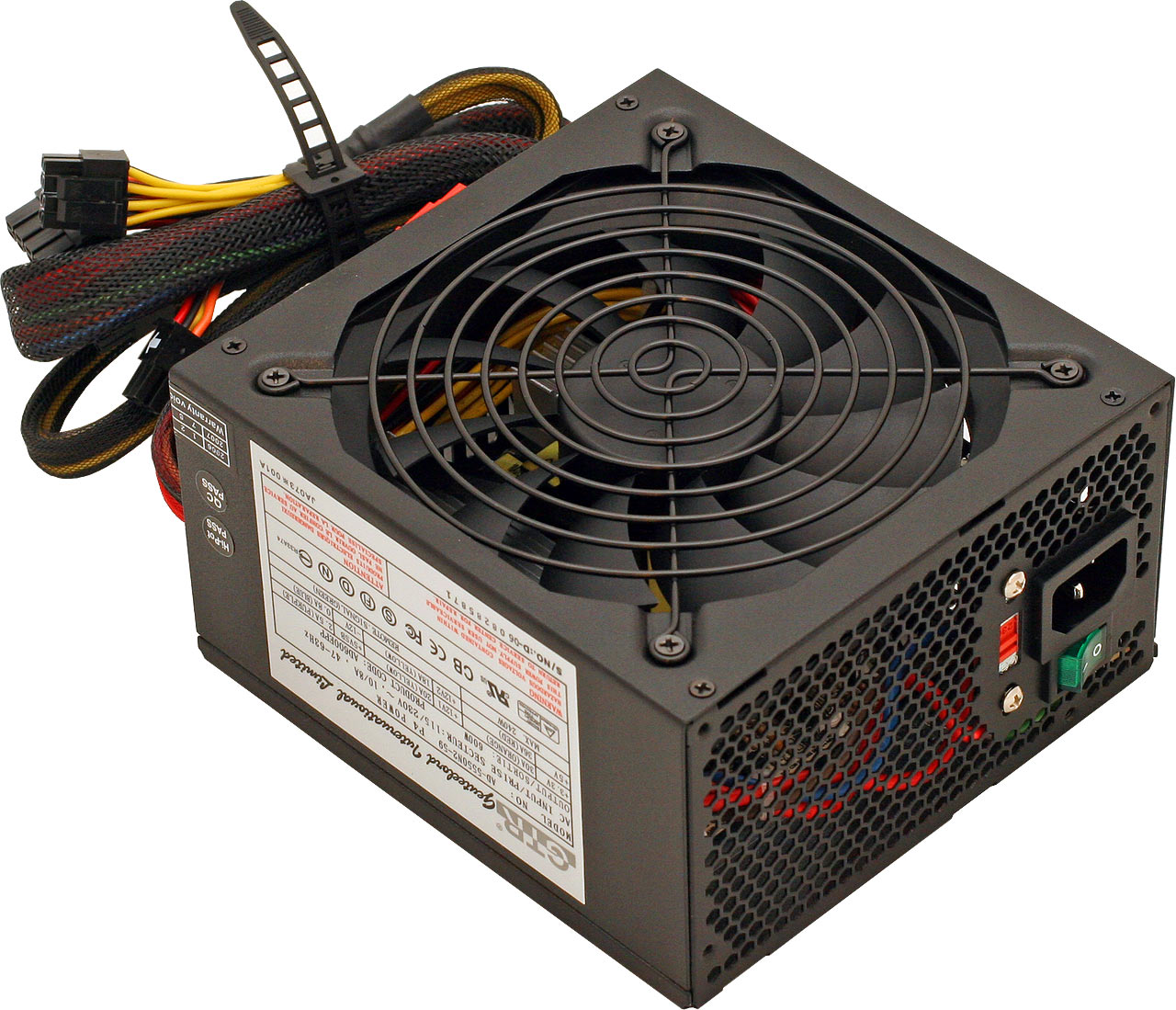
Power Supply
A power supply unit (or PSU) converts mains AC to low-voltage regulated DC power for the internal components of a computer. ... Some power supplies have a manual switch for selecting input voltage, while others automatically adapt to the mains voltage.
Input Devices
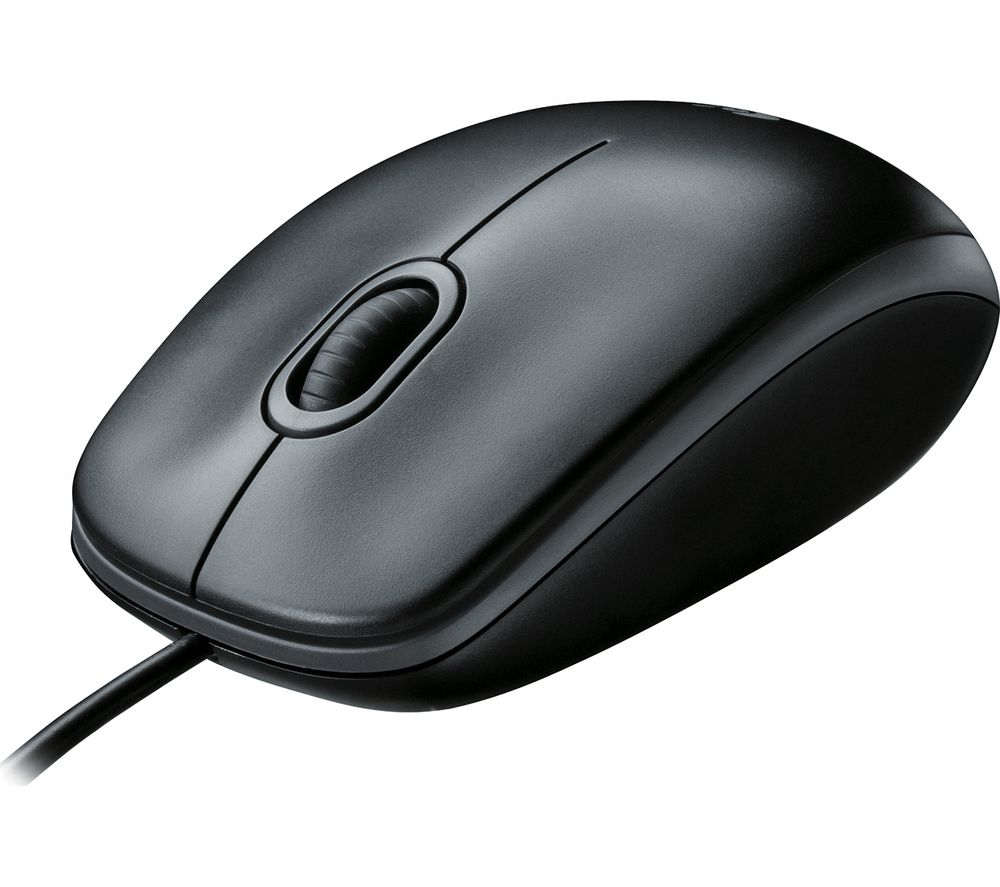
Mouse
An input device
that allows you
to move the
cursor on the screen
towards different
icons
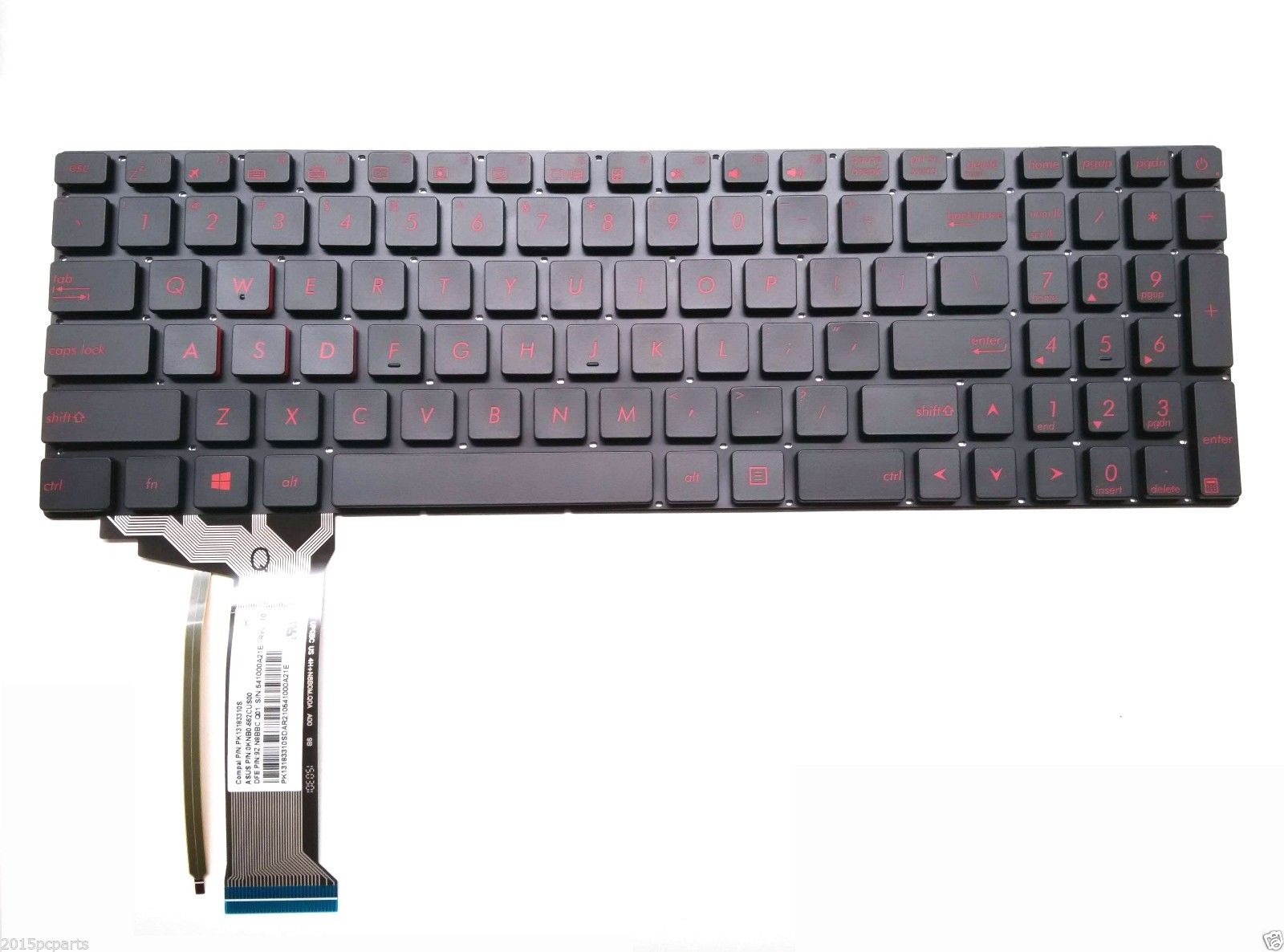
Keyboard
An input device that
allows you to use letters,
numbers and symbols
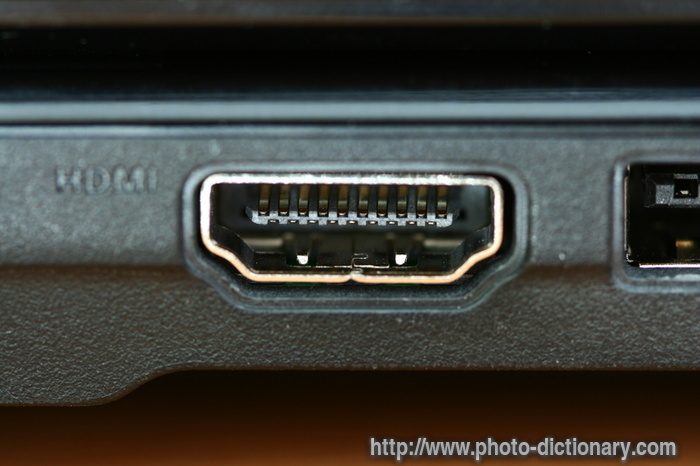
HDMI(High Definition Video Devices)
HDMI is a proprietary audio/video interface for transmitting uncompressed video data and compressed or uncompressed digital audio data from an HDMI-compliant source device, such as a display controller, to a compatible computer monitor, video projector, digital television, or digital audio device.
Processors

CPU(Central Processing Unit)
The CPU is the
brain of the computer,
it does the calculations and
is connected to the Northbridge

Motherboard
The motherboard is basically
the nervous system of the computer
it helps other components adapt to
each other

Video Card
The video card is responsible to
send graphical video display to devices
such as the monitor, projectors and TV's

USB(Universal Serial Bus) Ports
USB ports are ports that
allow other devices to connect
to the computer
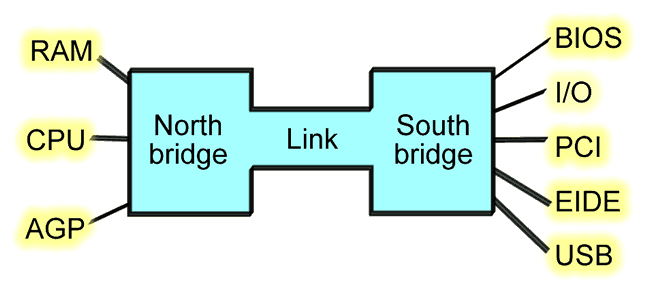
Northbridge and Southbridge chips
A Northbridge or host bridge is one of the two chips in the core logic chipset architecture on a PC motherboard, the other being the Southbridge . Southbridge is the chip that controls all of the computers I/O functions, such as USB, audio, serial, the system BIOS, the ISA bus, the interrupt controller and the IDE channels. In other words, all of the functions of a processor except memory, PCI and AGP
